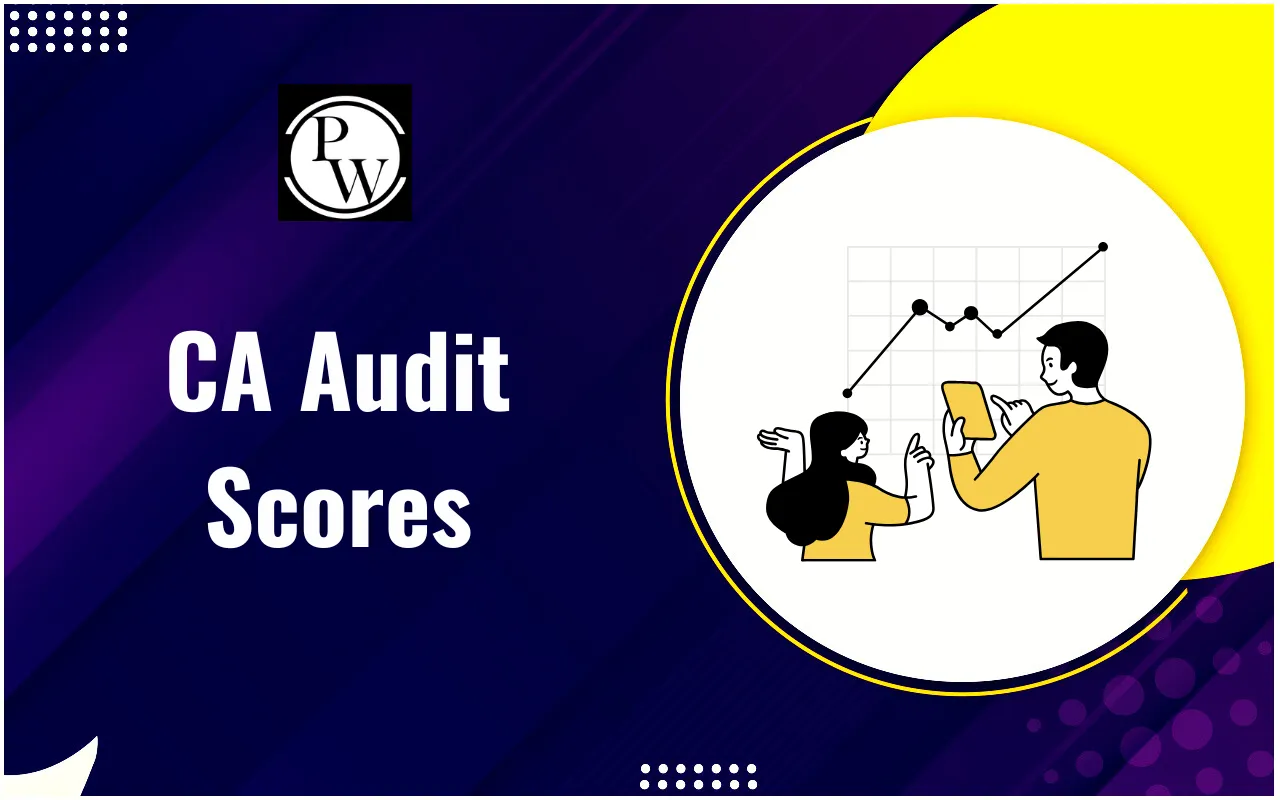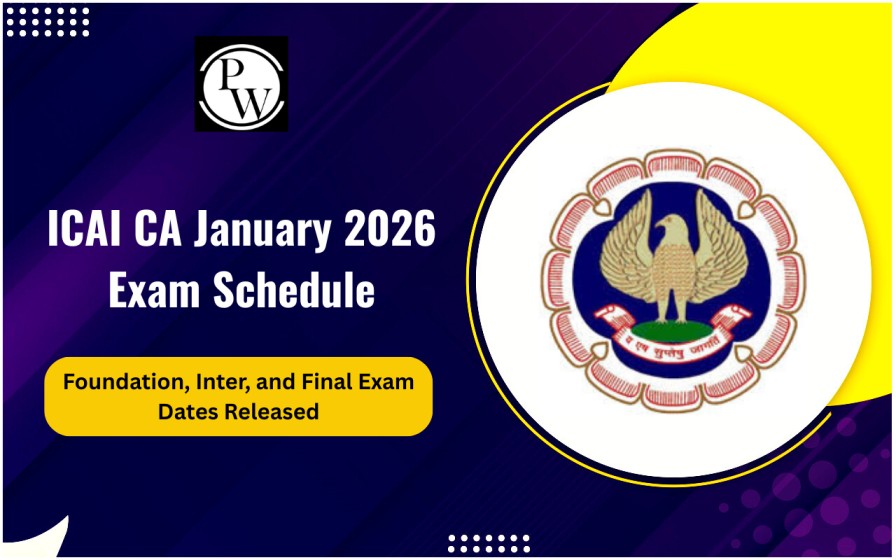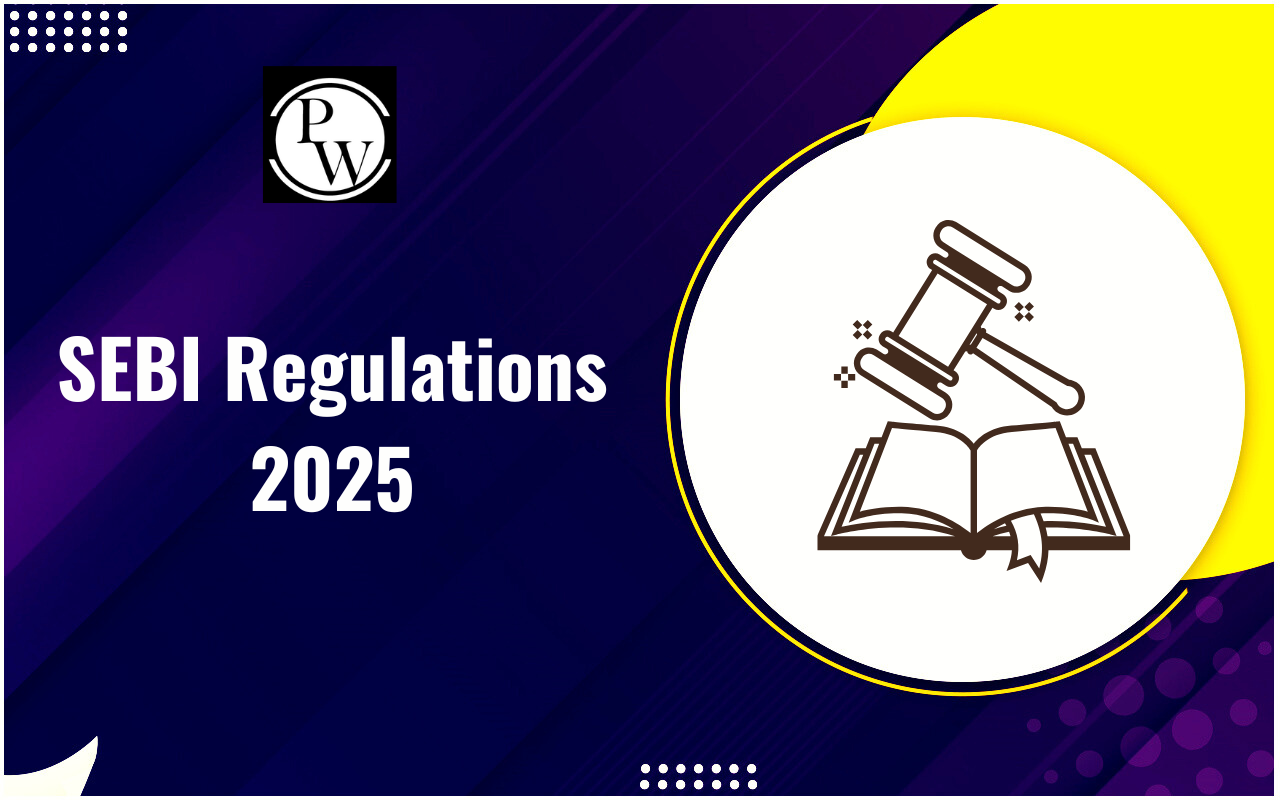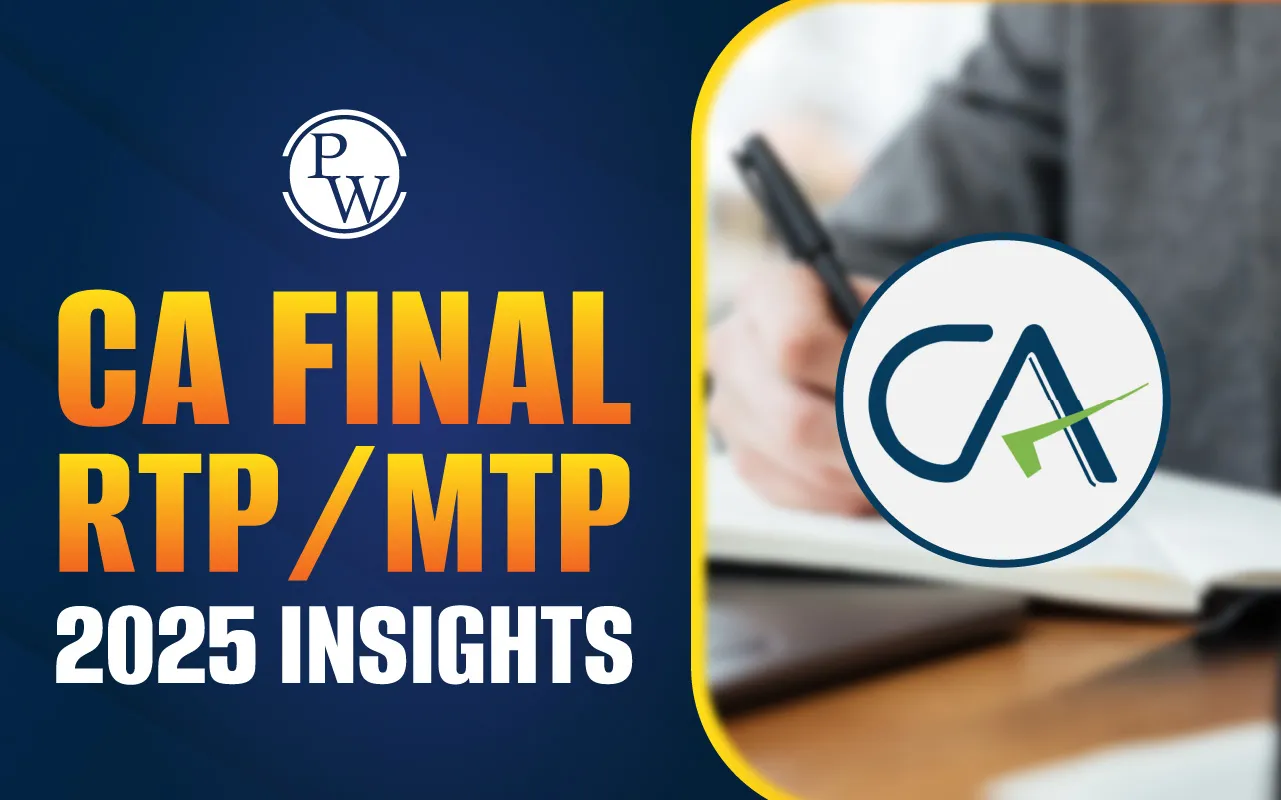
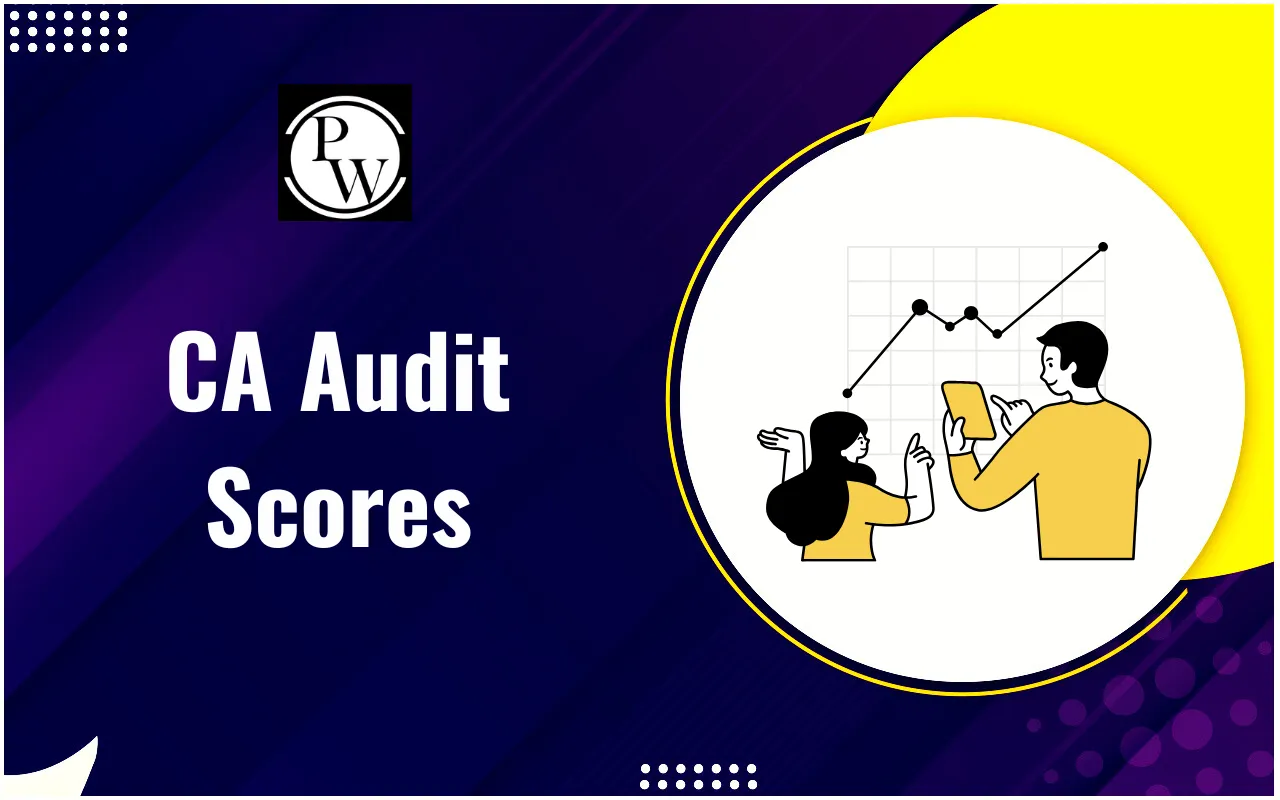
CA Audit Scores: Chartered Accountancy is one of the most respected careers in India. Clearing the CA exams requires not only dedication, but also requires proper planning. Out of all the subjects in CA Intermediate, Audit and Assurance is considered both important and practical. Scoring good marks in Audit requires the right approach, understanding of concepts, and efficient preparation. Below, we’ve explained how to improve CA Audit Scores, common misconceptions about CA Audit, effective preparation strategies, and how to calculate the audit score. By following these tips, students can aim to enhance their CA Audit Scores.
CA Audit Scores
CA Audit scores highlight how well a student understands the subjects and writes answers. Also, when it comes to scoring well in Audit, it is not only about memorizing. Rather, it is more about how well one applies the concepts, following the exam pattern. Therefore, good marks in the audit not only show a strong understanding. In fact, it also represents a clear presentation and the correct use of all the technical terms.
Common Misconception about CA Audit
Many students have some misconceptions about the CA Audit exam. These misconceptions can affect their preparation and performance. Below, we’ve mentioned the common misconception about CA Audit:
| Common Misconception about CA Audit | |
| Misconception | Reality |
| Audit is a theoretical subject | Audit is practical. Concepts learned are applied in real-life auditing and exam scenarios. |
| Cramming is enough to score | Understanding is more important than cramming. Both should be used, but focus more on comprehension. |
| Any book can replace the ICAI Study Material | ICAI Study Material is the primary source. Other books can be used for reference, but the Study Material and Practice Manual are essential. |
| Only the old course students need the Practice Manual | The Practice Manual is useful for both old and new course students. Covering Suggested Answers and RTPs is equally important. |
How to Prepare Effectively for a CA Audit?
Effective preparation is key to scoring well. Below, we’ve mentioned the methods that can help in improving CA Audit Scores:
Question-Based Study: Audit is a practical subject, and students should study by solving questions and not only by reading passively. Focus on questions from the ICAI Study Material, Practice Manual, RTPs, and MTPs. Doing so will make sure that students know the type of questions that are likely to come in exams.
Syllabus Distribution: Divide the syllabus strategically for better understanding. For the new course, start with chapters like Nature, Objective and Scope of Audit; Audit Strategy, Planning, and Program; Audit Documentation; Risk Assessment; and Fraud Responsibilities. Then move to Company Audit and CARO, followed by Audit of Banks, Audit Sampling, Analytical Procedures, and Audit Reports.
Categorize SAs (Standards on Auditing): Identify which SAs are most important, which are important, and which need only question practice. Focus more on high-weightage SAs for better CA Audit Scores.
Use of ICAI Resources: Always depend on the ICAI Study Material as the main source. Alongside, refer to Suggested Answers, RTPs, and MTPs. The combination of all these helps in understanding the subject thoroughly and scoring well in exams.
Practical Understanding: Remember that an Audit is not just for exams. Understanding Audit concepts is necessary for professional practice as a Chartered Accountant. Applying concepts practically helps in improving the overall CA Audit Scores.
Strategies to Improve CA Auditing Score
Improving the CA Auditing Score is not only about studying but also about presenting the knowledge correctly. Below, we’ve mentioned strategies that can help:
| Strategies to Improve CA Auditing Score | |
| Strategy | Explanation |
| Use Keywords | Incorporate technical terms from the ICAI Study Material in their answers. This highlights the understanding of the students to the examiner and can significantly boost CA Audit Scores. |
| Practice Sentence Formation | Proper sentence structure makes the answer readable. Regular practice through mock tests improves clarity and presentation. |
| Answer Presentation | Start each answer on a fresh page. Use para-points for 'Explain/Analyze' questions and points for 'Advantage/Disadvantage' questions. Well-organized answers improve readability and exam scoring. |
| Include Charts | Where relevant, use charts or tables. Charts make answers more visually appealing and easier for examiners to evaluate. |
| Highlight Key Points | Underline important points and use CAPITAL letters for keywords. This draws attention to the understanding and improves marks. |
How to Calculate CA Audit Score?
Calculating the expected CA Audit Scores can help students understand their performance and focus areas. Below, we’ve mentioned the steps to calculate the audit score effectively:
Separate Marks by Question Type: The CA Intermediate Audit exam includes MCQs, Correct/Incorrect, and descriptive questions. MCQs carry 30 marks, Correct/Incorrect questions carry 14 marks, and the other are descriptive questions. Scoring well in MCQs and Correct/Incorrect questions makes a good base for CA Audit Scores.
Estimate Marks for Descriptive Questions: Attempt 5 out of 6 questions. Focus on high-weightage chapters like Company Audit and CARO. Even scoring around 40% in descriptive questions, along with full marks in MCQs, can result in good CA Audit Scores.
Use Previous Attempts: Refer to RTPs, MTPs, and Suggested Answers to estimate their performance. Solve past questions and compare the answers with the institute's model answers. This helps in predicting and improving CA Audit Scores.
Identify Strengths and Weaknesses: After solving practice papers, evaluate which chapters or SAs are consistently scoring low. Focus more on weak areas to improve the overall audit score.
Final Score Calculation: Add the marks from MCQs, Correct/Incorrect, and descriptive questions. This total gives an estimate of the CA Audit Scores and helps in planning further preparation for exemptions or better performance.
Scoring good marks in the CA Intermediate Audit is possible if you prepare in the right way. To do well, students should understand the subject properly, practice questions, use the ICAI study material, and learn how to write answers clearly. Audit is not just about learning by heart; it is about understanding the concepts, applying them, and writing in a simple and correct way.
With regular study, proper planning, and smart methods, students can score high marks and may even get an exemption in Audit. By using these tips, they will not only improve their exam marks but also build knowledge that will be useful when working as a Chartered Accountant in the future.
CA Audit Scores FAQs
Is Audit a difficult subject in CA Intermediate?
Can I pass the Audit by only memorizing?
Which material is best for Audit preparation?
How many marks are MCQs in Audit?

